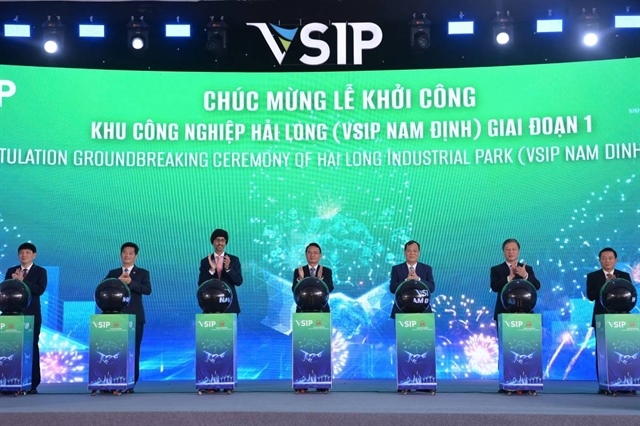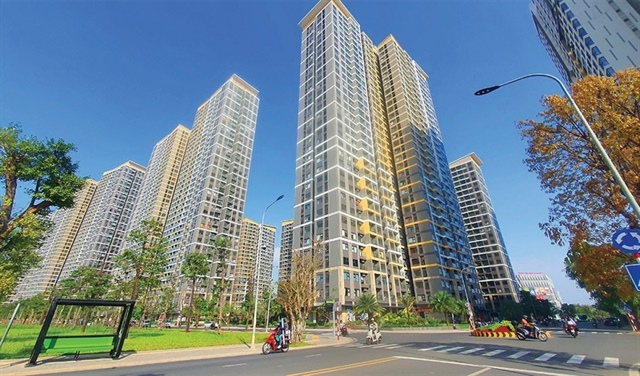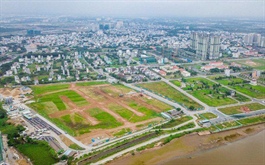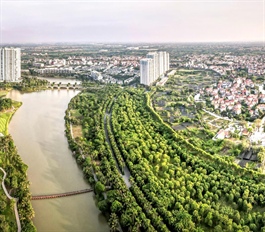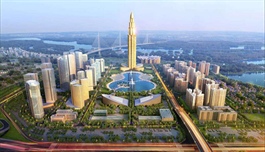Clarifying rights of foreign individuals to own property in Vietnam
Clarifying rights of foreign individuals to own property in Vietnam
Whether foreigners have the right to own their land and property in Vietnam and how they can get these rights are among the key concerns of many who wish to live and work in Vietnam long term. Valerie Teo, tax partner, and Nghiem Xuan Hong An, senior manager of Tax Services at Grant Thornton Vietnam, analyse the requirements.
According to the General Statistics Office, the number of foreign individuals who come to Vietnam to make investments and implement their employment contracts or assignment has continuously increased in recent years, especially after Vietnam engaged in trade agreements and applied preferential policies for attracting foreign investment.
Foreigners’ right to land
In Vietnam, land use rights are granted to land users by the Vietnamese government on behalf of the landowner.
Under the prevailing regulations, foreigners are not land users in Vietnam, and are not eligible for land allocation, land lease, or recognition of land use rights by the state.
In the event that inheritance recipients of land use rights or ownership of houses and other property on land are foreigners, they are allowed to transfer them to other objects in accordance with Vietnamese Law. However, these foreigners as inheritance recipients are still not granted the certificate of land use rights and ownership.
Foreigners’ right to house ownership in Vietnam
Foreigners are eligible to own houses in Vietnam and can get a house ownership certificate (Pink book) through either investing in project-based housing construction or by buying, renting, purchasing, receiving, or inheriting houses including apartment and detached houses in projects for commercial housing construction, except for areas under management relating to national defence and security as prescribed in the Law on Housing.
Conditions for foreigners to be owners of houses in Vietnam
The foreigners investing in house construction projects need to obtain an Investment Registration Certificate in Vietnam and have the houses built into the project.
Foreigners are not allowed to own separate houses which are not in the commercial housing project. They are only eligible to own apartments and detached houses in the projects.
The foreigners who meet the right conditions can buy apartments and houses in the project and obtain the house ownership certificate.
The conditions include having permission to enter Vietnam and not being granted with diplomatic immunity and privileges. They must hold valid passports bearing the entry seal of Vietnam’s immigration authority and have full civil capacity to enter into transactions in housing as prescribed in Vietnamese law without the requirement of registering temporary or permanent residence in the place where the house under transaction is located.
In accordance with the Law on Land, foreigners as house owners in Vietnam have the right to house ownership in the same way as Vietnamese owners, including subleasing and selling the apartment or house.
Additionally, it is worth noting that the valid ownership period for houses and apartments for foreigners cannot exceed 50 years from the issuance date of the certificate, which does not apply to Vietnamese individuals.
After the house ownership period ends, the foreigners can submit a dossier to the People’s Committee of the province or city where the house is located to request an extension at least three months before the expiration of the house ownership certificate.
Where a foreigner gets married to a Vietnamese, he or she can own the house long term and have the same rights as Vietnamese owners.
Although foreigners have the right to ownership of houses in Vietnam, there are quotas for apartments and houses in the projects owned by them as follows:
For residential apartments, foreigners may own up to 30 per cent of the total residential apartments in each building or up to 30 per cent of the total apartments or total apartment buildings in one ward.
For detached houses, if there are one or more housing projects in an area whose population is equivalent to a ward-administrative division, the foreigners are only allowed to own up to 10 per cent of the total number or up to 250 houses in one project.
Hopefully, the above summary can help foreigners in Vietnam have a general picture of their rights to land and property in Vietnam.


